BMIS Primary Science: Exploring the World Through Discovery
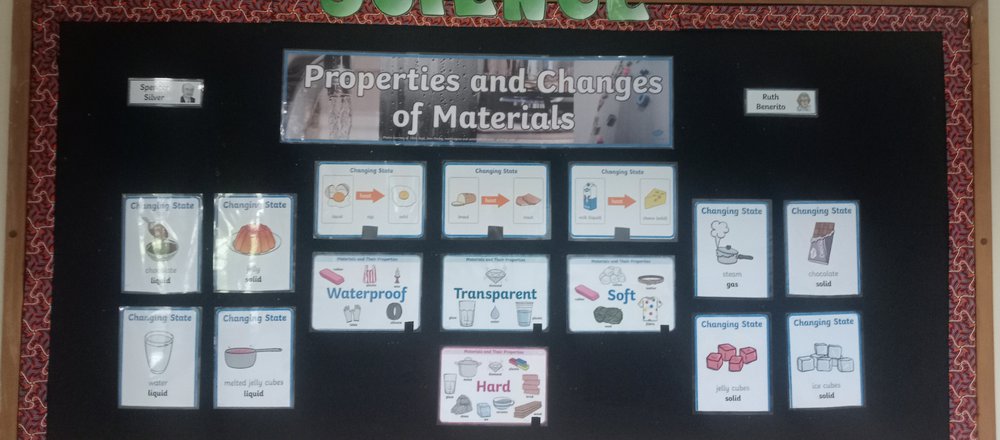
9th May 2025
At Braeburn Mombasa International School (BMIS), science is all about sparking curiosity and encouraging hands-on learning. This term is off to a fantastic start, and even though we’re only in week 3, each year group has already begun diving into exciting scientific topics that challenge their thinking and bring the world around them to life. The learning is just getting started!
Year 1 – Classification
Our youngest scientists have started exploring how to group and classify living and non-living things. Through sorting games and nature walks, they’re beginning to understand how animals and plants can be organised based on observable features. It’s been a fantastic introduction to scientific thinking, with much more discovery ahead!
Year 2 – Materials
Year 2 pupils have kicked off their exploration of the properties of everyday materials. So far, they’ve tested items for strength, flexibility, and absorbency, learning about the reasons behind material choices. With more investigations to come, their curiosity continues to grow.
Year 3 – Rocks
Our budding geologists in Year 3 have begun examining rocks, fossils, and soil. They’ve already started comparing rocks. With fossil formation and more hands-on work still to explore, the excitement is building.
Year 4 – States of Matter
Solids, liquids, and gases are beginning to come to life in Year 4! Students have started experimenting with melting, condensation, and other state changes. They’re just scratching the surface of how temperature affects particles—and there’s plenty more to investigate.
Year 5 – Changes of Materials
Year 5 scientists have started looking at reversible and irreversible changes. Initial experiments with mixing, heating, and dissolving have sparked some great questions, and more complex reactions are still to come. The learning journey is well underway!
Year 6 – Living Things and Their Habitats
In Year 6, students are studying classification and the delicate balance of life. They’ve used classification keys to identify observable characteristics of living things, including vertebrates and invertebrates, and flowering and non-flowering plants, reflecting on the impact humans have on habitats. Their thoughtful approach has shown their growing maturity as young scientists.
At BMIS, primary science is more than a set of facts—it’s a journey of exploration that unfolds throughout the term. Our students are learning to think critically, ask big questions, and seek evidence-based answers. We’re excited to see how their scientific thinking continues to develop as the term progresses!
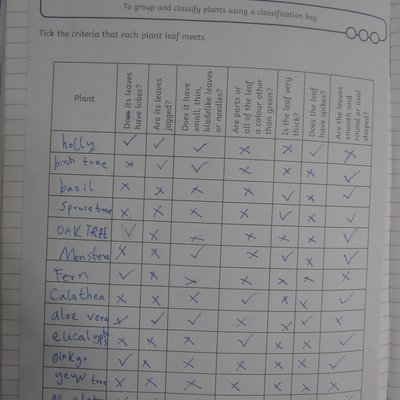
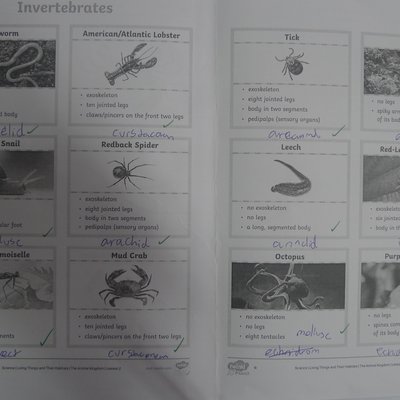
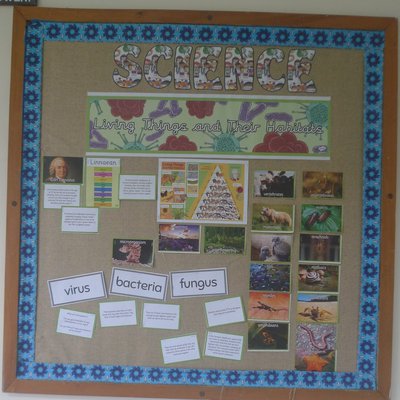
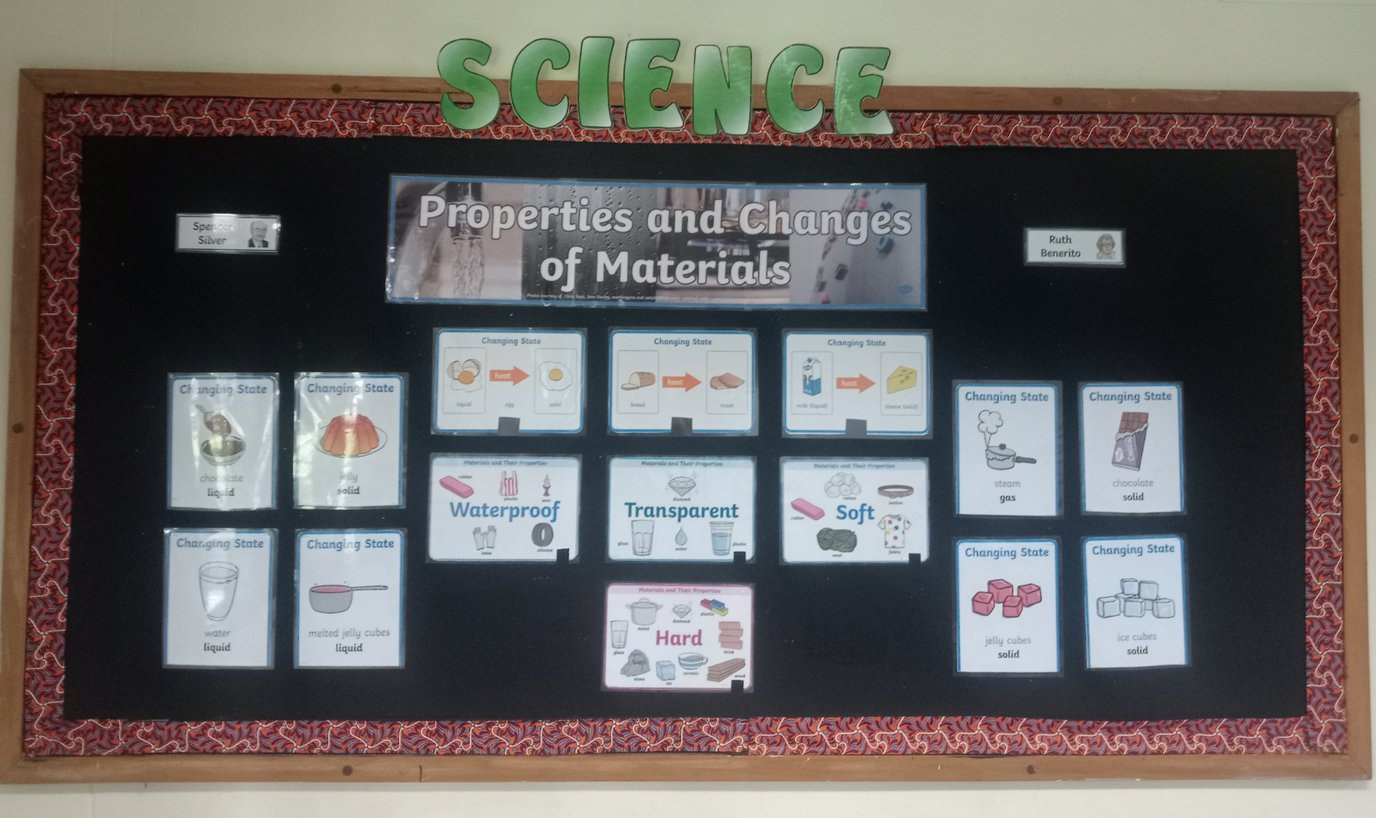
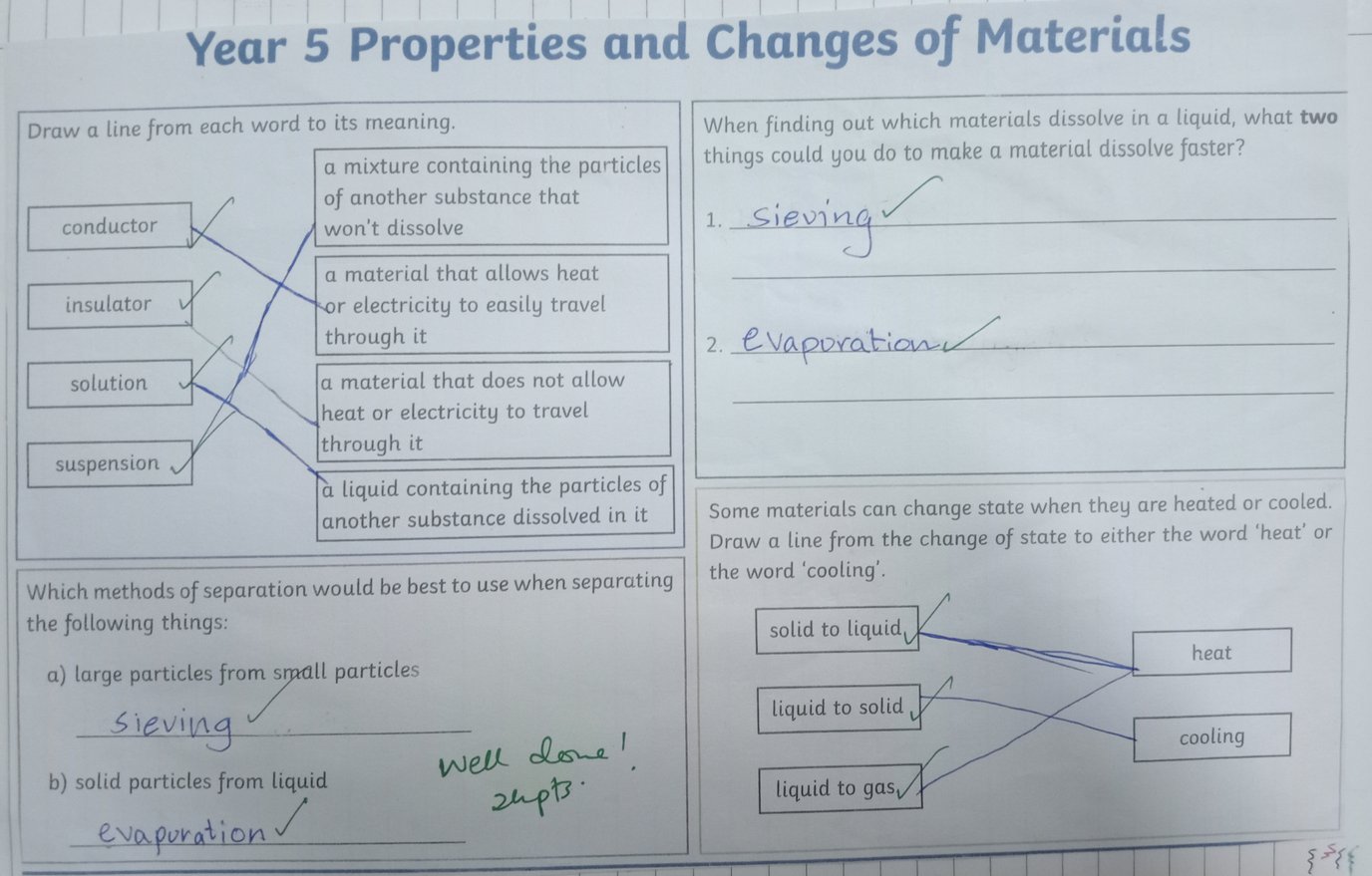
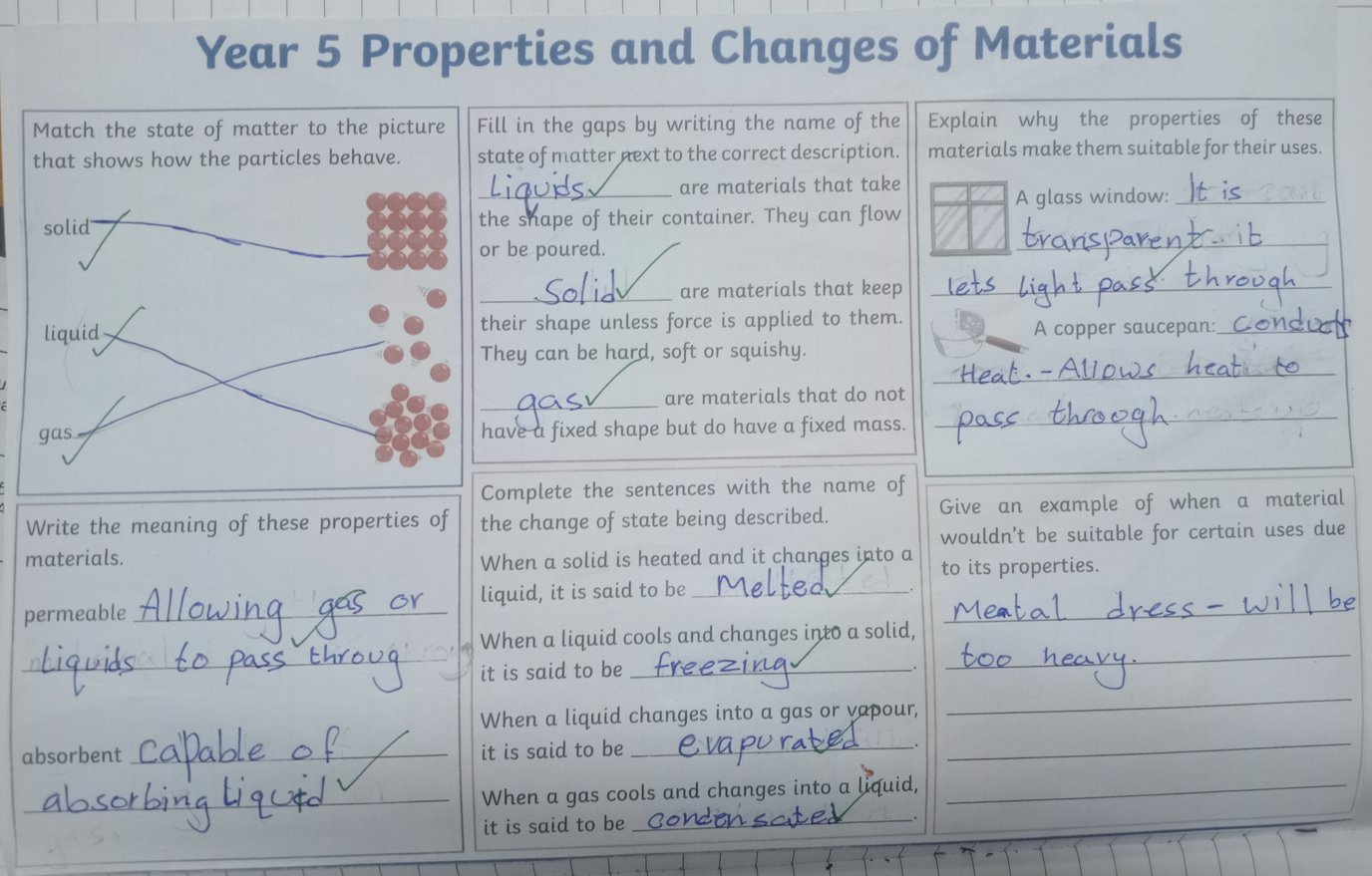
![PXL_20250430_075229908[1].jpg](/media/images/PXL_20250430_0752299081.width-1376.jpg)
![PXL_20250430_075240713[1].jpg](/media/images/PXL_20250430_0752407131.width-1376.jpg)
![PXL_20250430_075243488[1].jpg](/media/images/PXL_20250430_0752434881.width-1376.jpg)
![PXL_20250430_075259305[1].jpg](/media/images/PXL_20250430_0752593051.width-1376.jpg)
![PXL_20250430_075324791[1].jpg](/media/images/PXL_20250430_0753247911.width-1376.jpg)
![PXL_20250430_075949483.MP[1].jpg](/media/images/PXL_20250430_075949483.MP1.width-1376.jpg)
![PXL_20250430_075953329[1].jpg](/media/images/PXL_20250430_0759533291.width-1376.jpg)












